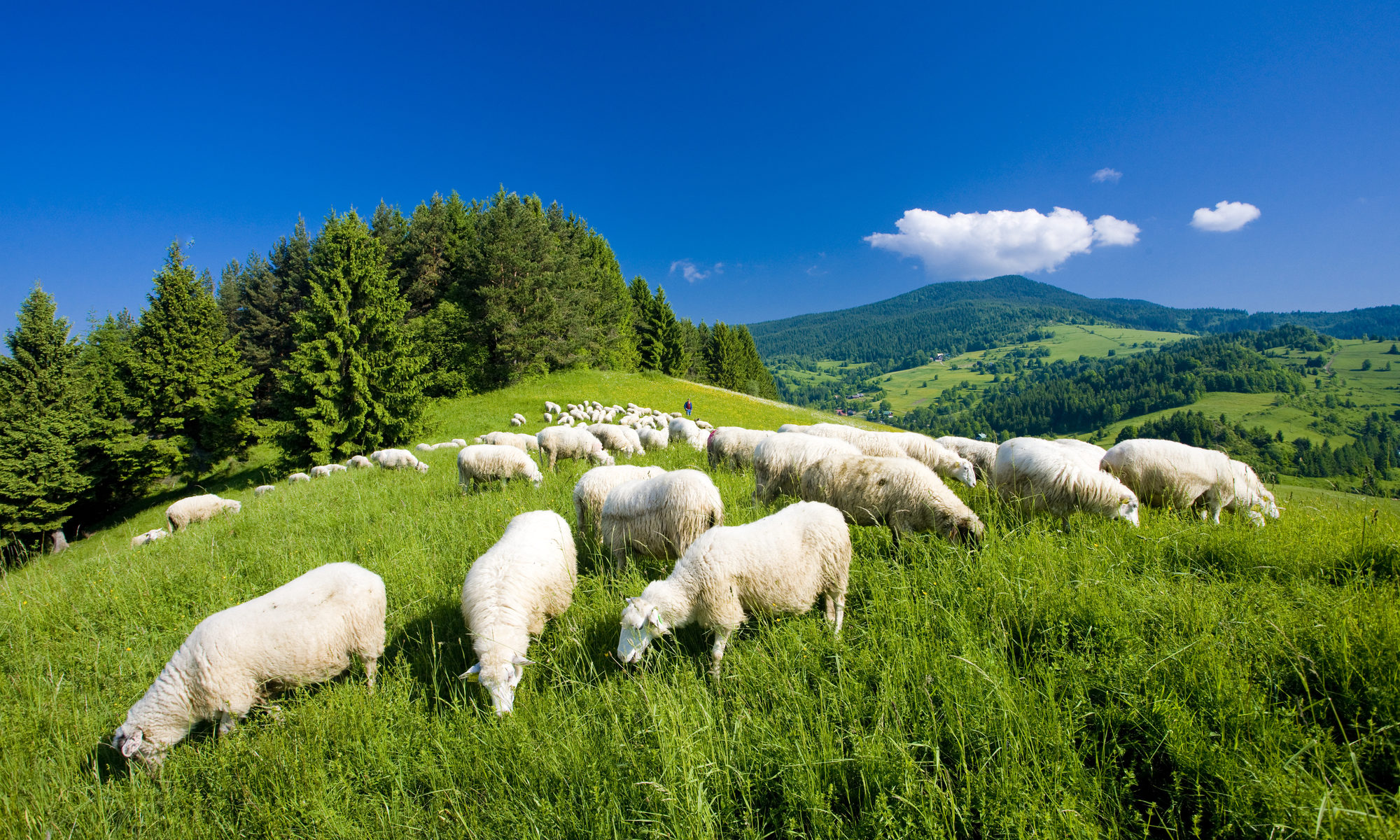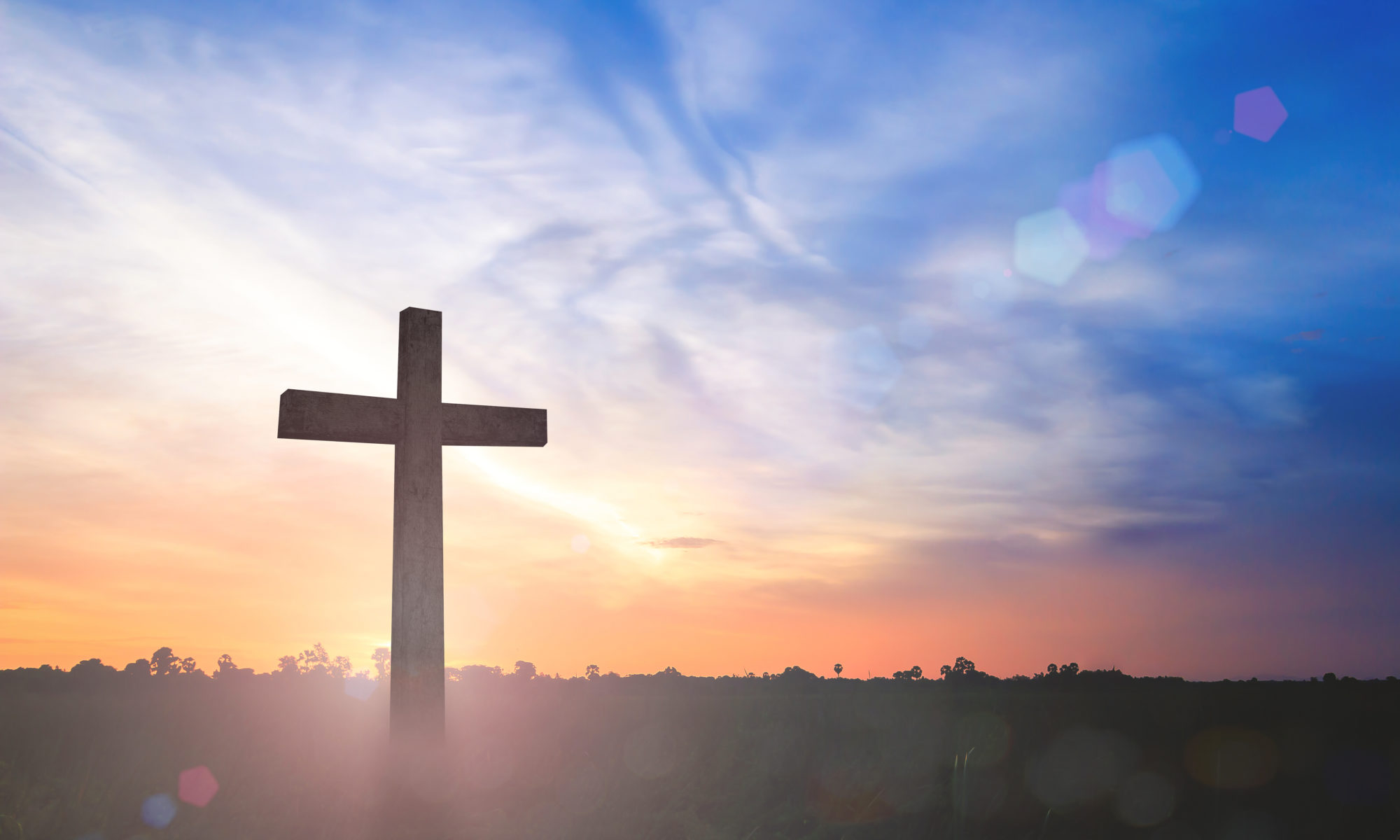The Resurrection – April 17 – Luke 24:5-9
I wonder what Mary felt as the chief priests and the Romans made a mockery of Jesus’ death. There, on the hill of skulls, they lynched him, nailed him to a tree of shame and degraded him in front of a raucous crowd. Ironically, the whole affair was a cause for celebration in the eyes of some of those who stood at the foot of the cross. But not so for Mary, Jesus’ mother, nor for the other women who witnessed it all.
The whole scene described in today’s scripture made me think about mothers from more recent years, mothers of children who lost their lives to violence and brutality. Even though their bodies are gone from this earth, a part of them still lives on. Though their bodies were planted too soon, the cycles of life suggest that there will be a resurrection. Justice demands that something be born from the precious seeds of their young lives. If that is the case, what has been born anew because they died?
Conversations have been resurrected. Some people have suggested that the death of these young people has awakened the need for families and friends to have frank discussions with one another. There need for tableside chats and prolonged conversations about the brutal realities of survival in a hostile society. There need to be some survival skills passed down from father to son, mother to daughter, sister to sister, brother to brother, and from generation to generation.
What else has been resurrected? Heightened consciousness has been raised as the result of these senseless deaths. I see evidence of it in the protest marches that have (and will continue to) spread across the nation as an outcry against injustice. I see lights being shed on unjust laws and lopsided practices. I see people who have the courage to hold public forums that grapple with the hard questions.
Accountability has also been resurrected. I see mirrors of accountability being held up so that perpetrators and victims alike can gaze deeply on what’s reflected there. I see justice-minded people digging a little deeper and looking a little closer at the root causes of violence, injustice, and other critical issues of our day.
I see lovers of the truth starting to look at racism and poverty under a super-powered microscope. I see prophets, preachers, and professors exposing what’s been under cover for too long. As the Prophet would have advised us in Habakkuk 2:2, let’s make the inconsistencies plain so that a runner can read them!
Heightened awareness is a byproduct. When we stand in solidarity with each other and with those who stand for justice, our voices unite as one humanity — the same humanity for whom Christ died — once for all. Prompted by the impassioned pleas of mothers who have lost children to violence – we have joined our cries with theirs, protesting with extraordinary fervor and profound faith that justice will prevail as it did in former days. In other words, our cries testify to the truth that there is still power in the blood that Jesus shed. Both individually and corporately, as believers, we are compelled to stand up and claim it in the name of Jesus!




